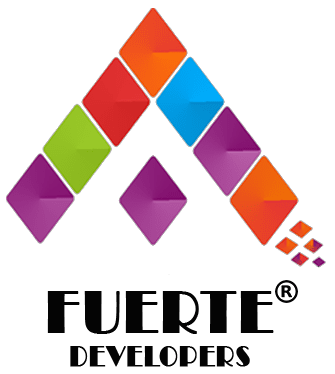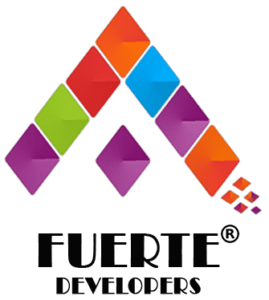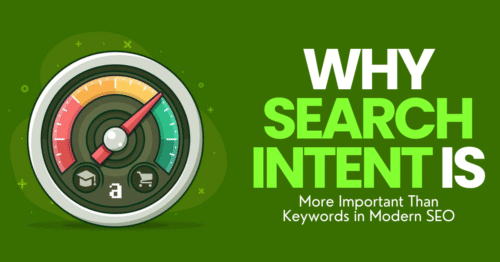Search Engine Optimization (SEO) is the backbone of digital marketing, helping websites gain visibility and rank higher on search engines like Google. But when it comes to improving rankings, a common debate arises: On-Page SEO vs. Off-Page SEO – which one is more important? Let’s break down both aspects and determine their impact on rankings.
What is On-Page SEO?
On-Page SEO refers to optimization techniques applied directly to your website to improve its search engine ranking. It ensures that your website is technically sound, user-friendly, and content-rich.
Key Elements of On-Page SEO
- Keyword Optimization – Using relevant keywords in titles, headings, and content to match search intent.
- Meta Tags & Descriptions – Writing compelling and keyword-rich meta titles and descriptions to improve click-through rates (CTR).
- URL Structure – Keeping URLs clean, readable, and keyword-focused.
- Content Quality – Publishing high-quality, informative, and engaging content.
- Internal Linking – Connecting relevant pages to enhance navigation and improve ranking potential.
- Image Optimization – Using alt tags, compressing images, and ensuring fast loading times.
- Mobile-Friendliness – Ensuring the site is responsive and offers a great user experience across devices.
- Page Speed – Improving load times to enhance user experience and SEO performance.
Real-World Example
A study by Backlinko found that pages with well-optimized title tags and descriptions see up to a 30% increase in organic traffic. Additionally, Google prioritizes sites with mobile-friendly designs, making On-Page SEO crucial for rankings.
What is Off-Page SEO?
Off-Page SEO includes activities conducted outside of your website to boost its authority, relevance, and trustworthiness. This helps improve rankings by signaling to search engines that your site is valuable and credible.
Key Elements of Off-Page SEO
- Backlink Building – Acquiring high-quality backlinks from authoritative websites.
- Social Media Engagement – Promoting content on social platforms to drive traffic and engagement.
- Guest Blogging – Writing content for other websites to gain backlinks and exposure.
- Influencer Outreach – Partnering with industry influencers to gain credibility and traffic.
- Brand Mentions – Getting mentioned on other websites, even without backlinks.
- Local SEO & Citations – Listing your business on directories like Google My Business, Yelp, and Bing Places.
- Forum & Community Engagement – Participating in niche-related discussions on platforms like Quora, Reddit, and industry forums.
Real-World Example
According to Moz, backlinks remain one of the top ranking factors for Google. A case study by Ahrefs revealed that websites with a strong backlink profile see a 65% boost in search engine rankings compared to those with fewer backlinks.
On-Page SEO vs. Off-Page SEO: Which is More Important?
The truth is both On-Page and Off-Page SEO are essential for ranking success. Here’s why:
- On-Page SEO lays the foundation. Without well-optimized content, even strong backlinks won’t help your site rank well.
- Off-Page SEO boosts authority. Even if your website is perfectly optimized, without backlinks and brand trust, it may struggle to rank against strong competitors.
Finding the Right Balance
To achieve the best SEO results, follow a balanced approach:
- Start with On-Page SEO – Ensure your website is optimized with high-quality content, fast loading speeds, and proper keyword usage.
- Implement Off-Page Strategies – Build high-quality backlinks, engage in social media, and boost brand mentions.
- Monitor & Optimize – Use tools like Google Analytics, Search Console, and Ahrefs to track performance and make necessary adjustments.
Final Verdict
Neither On-Page nor Off-Page SEO alone is enough to dominate search rankings. On-Page SEO ensures a strong, optimized foundation, while Off-Page SEO enhances credibility and authority. A well-rounded SEO strategy that incorporates both will yield the best results.
Summary
SEO success requires a balanced approach between On-Page and Off-Page strategies. On-Page SEO optimizes your website for search engines, while Off-Page SEO boosts authority and trust. Implementing both effectively will help you rank higher and drive more traffic.
Conclusion
Start improving your SEO today by combining On-Page and Off-Page techniques. Need expert guidance? Contact us now to optimize your website for better rankings and visibility! 📍 Address: 405 – The Spire, Nr. Shital Park Bus Stand, 150 Ft. Ring Road, Rajkot, Gujarat 360007
✉ Email: info@fuertedevelopers.com | contact@fuertedevelopers.com
📞 Contact Us: 079904 86477
🌐 Website: fuertedevelopers.com
🚀 Boost your rankings with a strategic SEO approach today!







